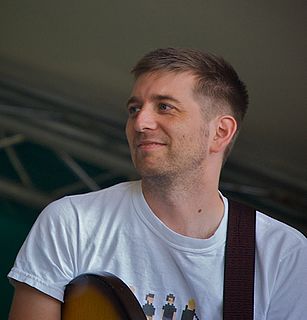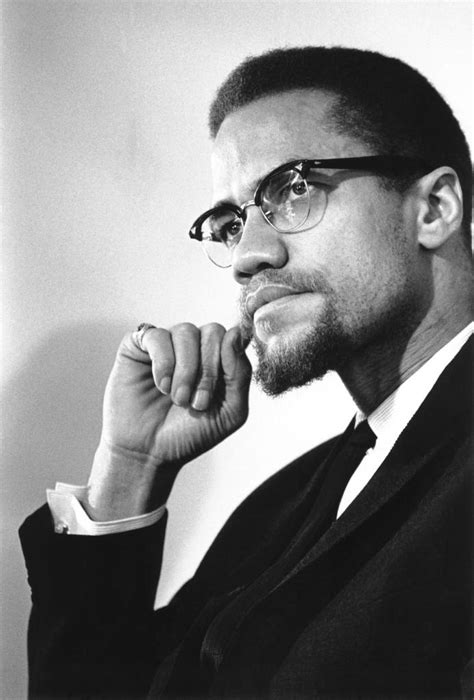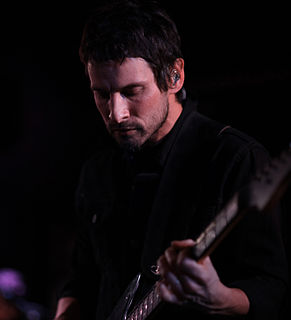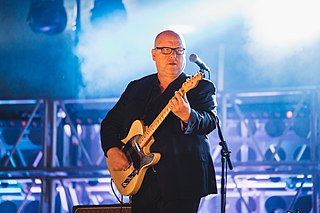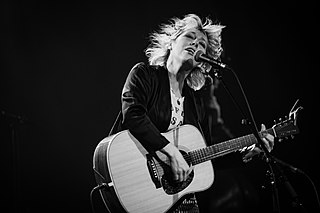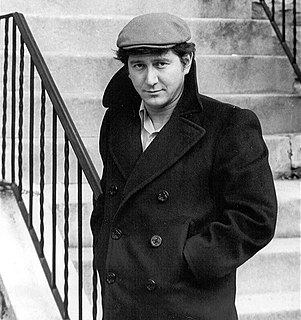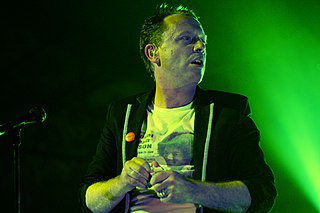A Quote by John K. Samson
I think we all have a certain number of "coming of age" songs, and then a writer has to expand and grow into more varied and specific themes. And the music industry is, like Jawbreaker says, "selling kids to other kids," so it makes sense that those early songs in a writer's life are often the ones that catch people's ears, and later work is more difficult and less immediate.
Related Quotes
As you get older, your songwriting starts to become less and less about you, and especially when you have kids and a family. You start to see the world through other people's eyes a lot more to the point where it's hard to go back and relate to that "me against the world" perspective that I think a lot of my earlier songs were about. It's not so much about "me against the world," it's, how do you make the best possible future for your kids to grow up in?
Throughout all of the changes that have happened in my life, one of the priorities I've had is to never change the way I write songs and the reasons I write songs. I write songs to help me understand life a little more. I write songs to get past things that cause me pain. And I write songs because sometimes life makes more sense to me when it's being sung in a chorus, and when I can write it in a verse.
When I listen to my songs, they seem like pieces of music or art, like a painting that you look at. The reality is that, yes, when I wrote the songs upstairs or wherever, I was writing very specifically about my life or a specific subject matter that's very personal. I've never shied away from that. The vocals and the performance that come after the record, I don't think of that as confessional, but the core of the music is completely. It makes sense that people would see that as being the main thing. I guess not everyone is able to speak so candidly.
When you're young, your perception of what it means to be a writer is often less about the writing and more about what seems to be the accompanying life: speeches and travel and hanging out with other writers. You think that when you get published, your life will clarify itself to you somehow. But when you don't get published until you're middle-aged you know who you are already, and your life expands to make room for your writing, rather than orbiting around it. You realize that there's no one way to be a writer, and that the job is less of an identity and more of a vocation.
Certain songs have a life, and certain songs don't. A song is like a saddle: you ride it for a while, and if it's the right kind of song you can sing it for the rest of your life. And then other songs are only really important for certain periods of your life, and you move on from them and find yourself not necessarily needing to sing them anymore.
I think if you listen to our records, they come at different points in your life. When people say to me that Stars records have themes, I think what they mean is we write songs - or try to write songs - that are timeless. We try to write songs that catch you at the right time in your life, and that you can hold on to. We write kitchen sink songs. If you're doing the dishes or you're driving to your mom's funeral, or if you're getting over having done MDMA and you feel sad, you can listen to Stars because we're not going to demand of you that you be cool.
I like albums where all the songs are written in one go. If you're trying to create the number-one album with the best songs ever, I get why you'd want to write for three years and pick the best ones, but for me, I'd rather hear a group of songs that are all expressing a state, or time of your life. I think it's more that.
